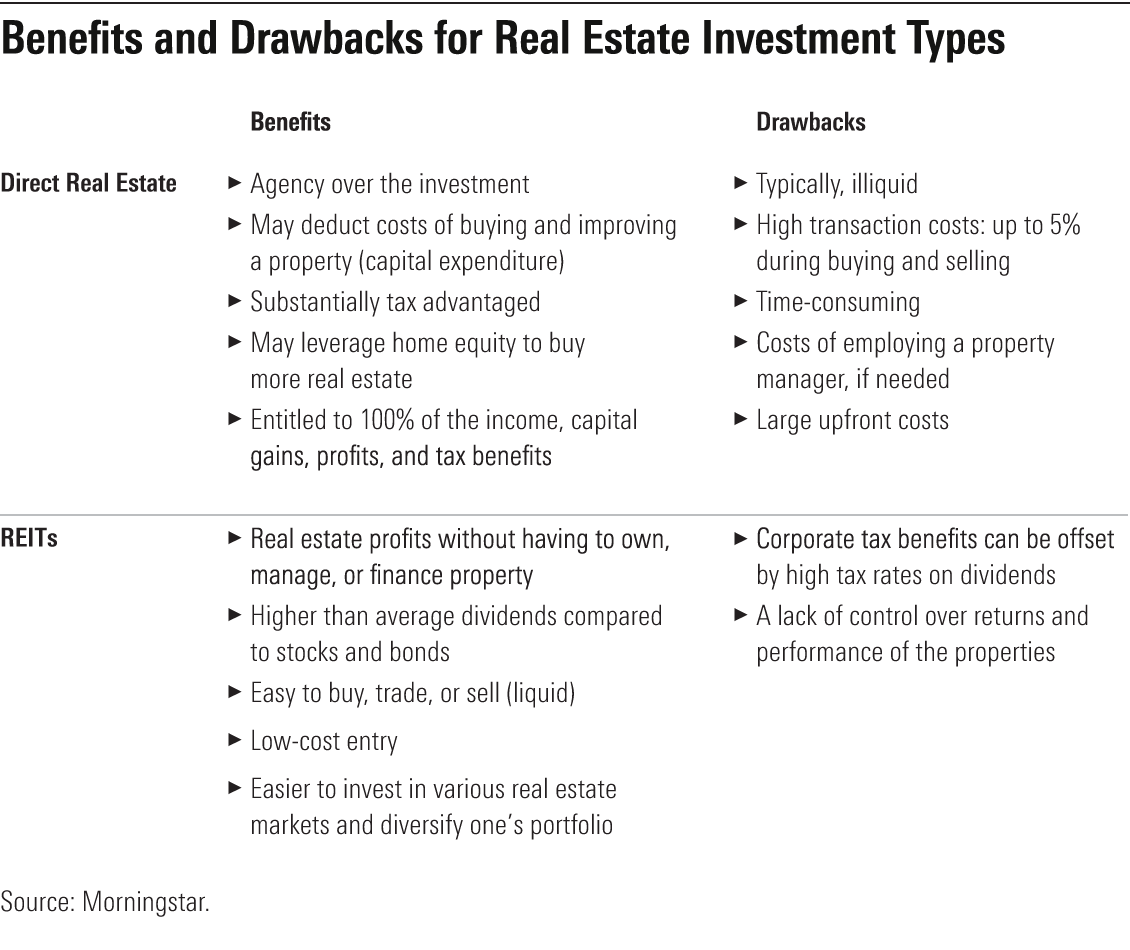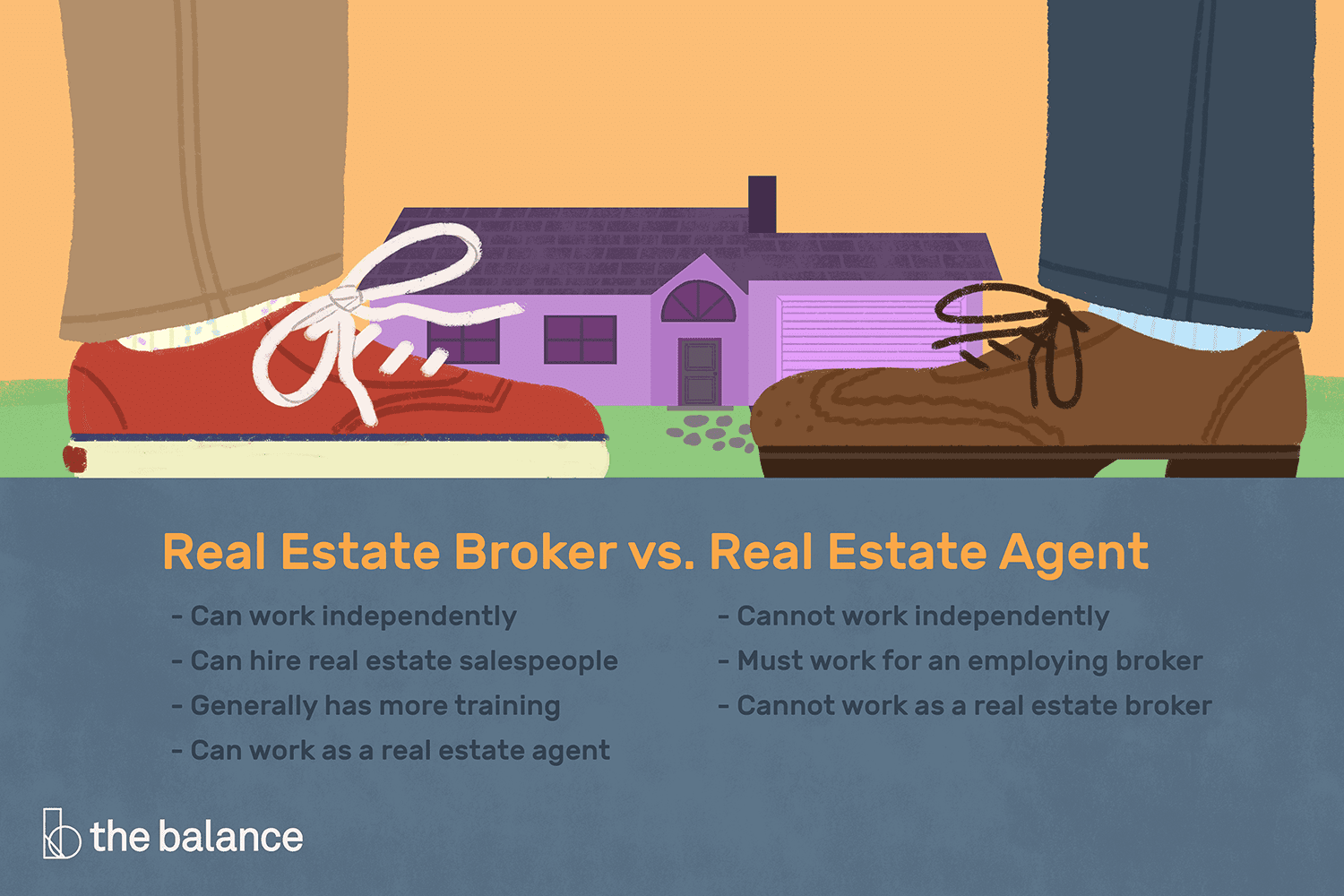
Real estate is a good way to accumulate wealth. Real estate investment is a great way to build wealth, but it can also be a challenging business. Planning and research are essential. Beginners often fall into the trap thinking they can get rich quick in the industry.
If you're looking to learn how to become a real estate investor, consider these strategies:
1. Real estate agent investor
Investors who want to save money on their real-estate commission fees may decide that they will work as an agent. This may be an option that you should consider, particularly if you wish to help clients find the most profitable investment opportunities.

2. Property Investor
You'll also need to know how to evaluate a house or apartment. You must also know how much rent you can expect and how to calculate costs, like mortgages and tax, in order maximize your profits.
3. Real estate broker investor
To be a successful real estate agent, you need to know the local market well and understand different investment strategies. This includes knowing what kind of properties in the area are in demand, estimating costs for rehab and running comps so investors can determine fair home values.
4. Real estate investment trust investor
A REIT can be a good way to get into real estate investing. They invest your funds in income producing properties and pay you dividends. These types of companies offer a way to enter the real estate market, without actually having to buy properties. They are also available to be bought with cash.
5. Multifamily Housing Investor
A multifamily investment is a good place to start if you're looking for long-term rental income and have a big enough budget. These types of buildings can be anywhere from a two-unit duplex to a 200-unit apartment complex, and they typically offer a stable income from several tenants.
6. Commercial real estate investor
You'll need specialized training to become a commercial property investor. These courses are designed to help you learn how assess properties, conduct investment analyses and develop strategies for your real estate portfolio.

7. Investment real estate agents
You'll also need a solid understanding of the real estate market and how to operate a successful brokerage. It is important to be knowledgeable about financing, mortgages, and loan programs.
8. Investment real estate brokers
A good investment property broker will have a thorough understanding of the local real estate market, and current statistics on costs and values. This can help you identify the most profitable investments in the market and avoid the risks that come with other strategies.
FAQ
Is it cheaper to rent than to buy?
Renting is generally less expensive than buying a home. However, renting is usually cheaper than purchasing a home. You also have the advantage of owning a home. You will have greater control of your living arrangements.
How can you tell if your house is worth selling?
It could be that your home has been priced incorrectly if you ask for a low asking price. If you have an asking price well below market value, then there may not be enough interest in your home. Get our free Home Value Report and learn more about the market.
Do I need flood insurance?
Flood Insurance covers flooding-related damages. Flood insurance protects your possessions and your mortgage payments. Find out more about flood insurance.
Can I buy a house without having a down payment?
Yes! Yes. There are programs that will allow those with small cash reserves to purchase a home. These programs include FHA loans, VA loans. USDA loans and conventional mortgages. For more information, visit our website.
What can I do to fix my roof?
Roofs can leak due to age, wear, improper maintenance, or weather issues. Roofers can assist with minor repairs or replacements. Get in touch with us to learn more.
What are some of the disadvantages of a fixed mortgage rate?
Fixed-rate mortgages have lower initial costs than adjustable rates. Additionally, if you decide not to sell your home by the end of the term you could lose a substantial amount due to the difference between your sale price and the outstanding balance.
Statistics
- 10 years ago, homeownership was nearly 70%. (fortunebuilders.com)
- Some experts hypothesize that rates will hit five percent by the second half of 2018, but there has been no official confirmation one way or the other. (fortunebuilders.com)
- Private mortgage insurance may be required for conventional loans when the borrower puts less than 20% down.4 FHA loans are mortgage loans issued by private lenders and backed by the federal government. (investopedia.com)
- It's possible to get approved for an FHA loan with a credit score as low as 580 and a down payment of 3.5% or a credit score as low as 500 and a 10% down payment.5 Specialty mortgage loans are loans that don't fit into the conventional or FHA loan categories. (investopedia.com)
- Over the past year, mortgage rates have hovered between 3.9 and 4.5 percent—a less significant increase. (fortunebuilders.com)
External Links
How To
How to manage a rental property
Renting your home can be a great way to make extra money, but there's a lot to think about before you start. These tips will help you manage your rental property and show you the things to consider before renting your home.
Here are the basics to help you start thinking about renting out a home.
-
What is the first thing I should do? You need to assess your finances before renting out your home. If you have outstanding debts like credit card bills or mortgage payment, you may find it difficult to pay someone else to stay in your home while that you're gone. Your budget should be reviewed - you may not have enough money to cover your monthly expenses like rent, utilities, insurance, and so on. You might find it not worth it.
-
How much will it cost to rent my house? Many factors go into calculating the amount you could charge for letting your home. These include factors such as location, size, condition, and season. It's important to remember that prices vary depending on where you live, so don't expect to get the same rate everywhere. Rightmove estimates that the market average for renting a 1-bedroom flat in London costs around PS1,400 per monthly. This would translate into a total of PS2,800 per calendar year if you rented your entire home. This is a good amount, but you might make significantly less if you let only a portion of your home.
-
Is it worth the risk? There are always risks when you do something new. However, it can bring in additional income. Make sure that you fully understand the terms of any contract before you sign it. You will need to pay maintenance costs, make repairs, and maintain the home. Renting your house is not just about spending more time with your family. Before signing up, be sure to carefully consider these factors.
-
Are there benefits? It's clear that renting out your home is expensive. But, you want to look at the potential benefits. You have many options to rent your house: you can pay off debt, invest in vacations, save for rainy days, or simply relax from the hustle and bustle of your daily life. It is more relaxing than working every hour of the day. If you plan ahead, rent could be your full-time job.
-
How do I find tenants? Once you've decided that you want to rent out, you'll need to advertise your property properly. Make sure to list your property online via websites such as Rightmove. Once potential tenants reach out to you, schedule an interview. This will help you evaluate their suitability as well as ensure that they are financially secure enough to live in your home.
-
What are the best ways to ensure that I am protected? If you don't want to leave your home empty, make sure that you have insurance against fire, theft and damage. You will need insurance for your home. This can be done through your landlord directly or with an agent. Your landlord will typically require you to add them in as additional insured. This covers damages to your property that occur while you aren't there. If you are not registered with UK insurers or if your landlord lives abroad, however, this does not apply. You will need to register with an International Insurer in this instance.
-
Sometimes it can feel as though you don’t have the money to spend all day looking at tenants, especially if there are no other jobs. You must put your best foot forward when advertising property. Make sure you have a professional looking website. Also, make sure to post your ads online. You'll also need to prepare a thorough application form and provide references. Some prefer to do it all themselves. Others hire agents to help with the paperwork. You'll need to be ready to answer questions during interviews.
-
What should I do once I've found my tenant? You will need to notify your tenant about any changes you make, such as changing moving dates, if you have a lease. You can negotiate details such as the deposit and length of stay. You should remember that although you may be paid after the tenancy ends, you still need money for utilities.
-
How do you collect the rent? When the time comes to collect the rent, you'll need to check whether your tenant has paid up. If they haven't, remind them. Any outstanding rents can be deducted from future rents, before you send them a final bill. If you are having difficulty finding your tenant, you can always contact the police. They will not usually evict someone unless they have a breached the contract. But, they can issue a warrant if necessary.
-
How can I avoid potential problems? It can be very lucrative to rent out your home, but it is important to protect yourself. You should install smoke alarms and carbon Monoxide detectors. Security cameras are also a good idea. You should also check that your neighbors' permissions allow you to leave your property unlocked at night and that you have adequate insurance. You should never allow strangers into your home, no matter how they claim to be moving in.